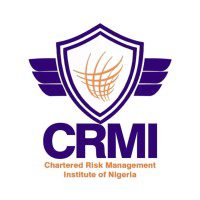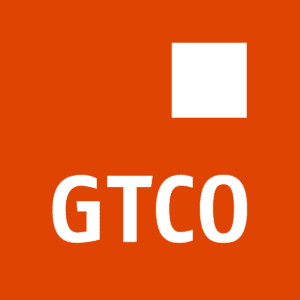
CRMI endorses SEC’s ERM directive, cites alignment with banking standards
By Esther Agbo
The Chartered Risk Management Institute of Nigeria has endorsed the Securities and Exchange Commission’s recent directive for capital market operators to adopt an Enterprise Risk Management (ERM) framework.
In June, the SEC mandated that capital market operators establish a board-approved risk management policy by September 30, 2024, and an annual risk profile by January 31, 2025.
These ERM frameworks are to include a governance structure with clear roles and responsibilities, notably the formation of a risk management committee. They will also involve systematic processes for identifying, analysing, and prioritising risks that could affect the organisation’s objectives.
The President of the CRMI Governing Council, Dr. Ezekiel Oseni, lauded the SEC’s initiative, describing it as essential for enhancing risk-based supervision in the capital market.
He highlighted that this directive would bring capital market practices in line with the stringent standards of the banking sector and promote widespread adoption of ERM across Nigeria’s economy, contributing to inclusive growth.
Oseni emphasised that implementing an ERM framework would reduce systemic risks and protect stakeholders’ interests, ensuring better management of capital market activities and adding risk-adjusted value for stakeholders.
“This move is a significant milestone, aligning capital market practices with the rigorous risk management standards already established in the banking sector. It underscores our objective of promoting comprehensive ERM adoption across all sectors of the Nigerian economy for inclusive growth.
“The implementation of ERM will ensure that the overall activities of capital market operators are better managed, leading to risk-adjusted value addition for all stakeholders,” Oseni said.
He further remarked that the CRMI, as Nigeria’s sole chartered risk management institute, welcomed the directive as a pivotal step towards enhancing risk-based supervision in the capital market in accordance with banking sector practices.
The SEC’s directive is consistent with international standards set by organisations such as the Committee of Sponsoring Organizations of the Treadway Commission, the International Organization for Standardization, and the Financial Action Task Force.




